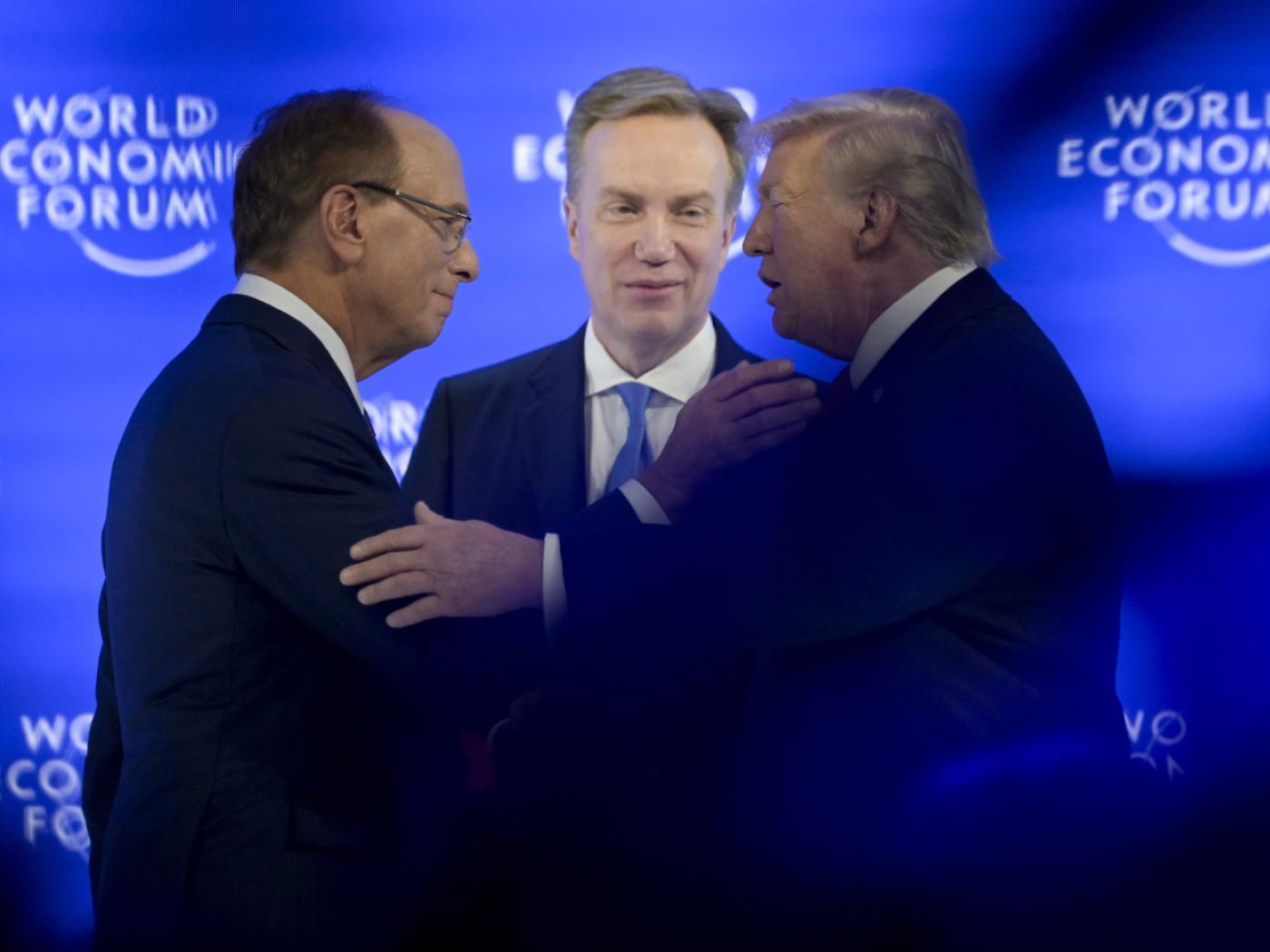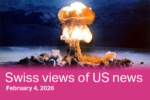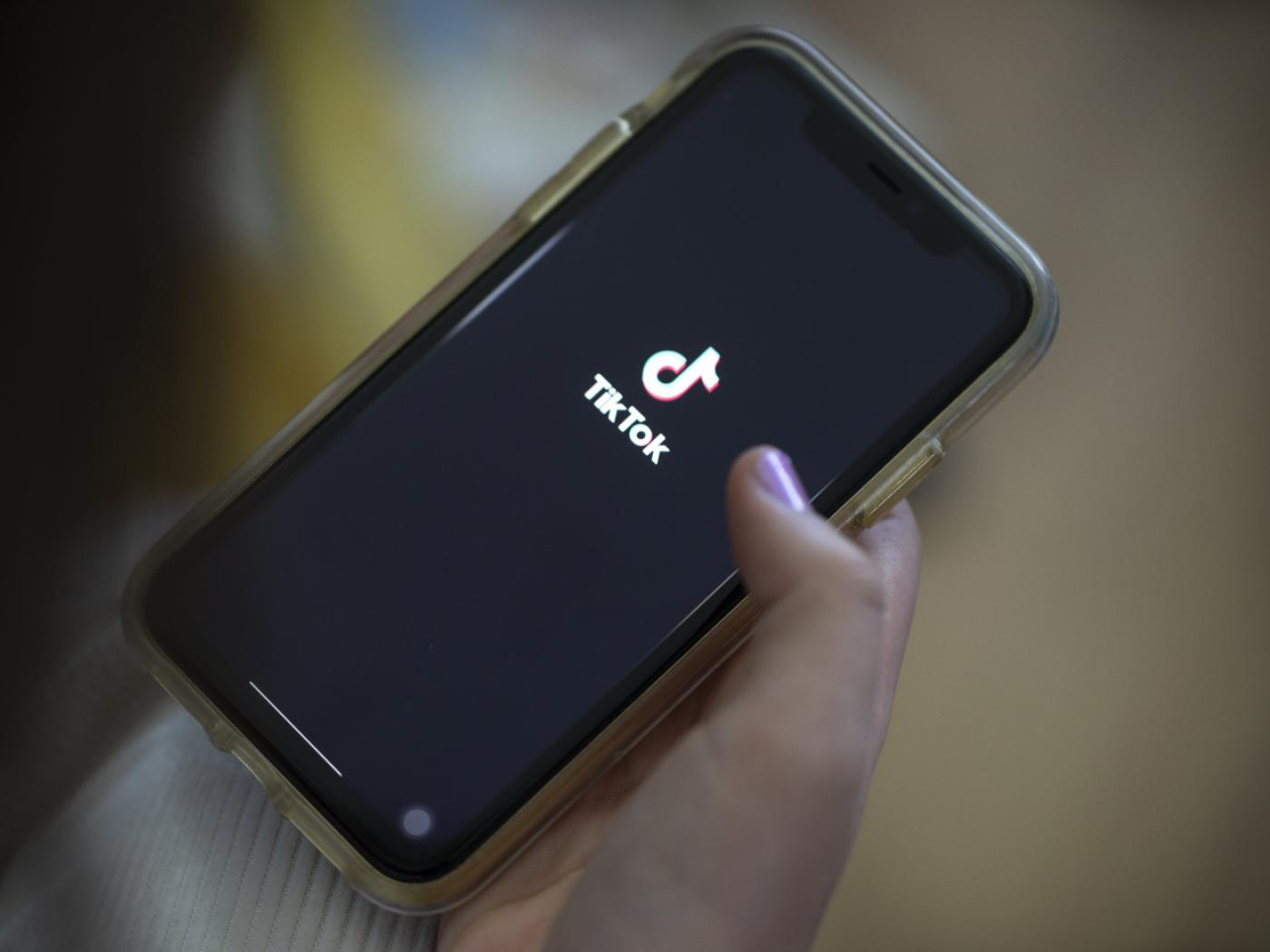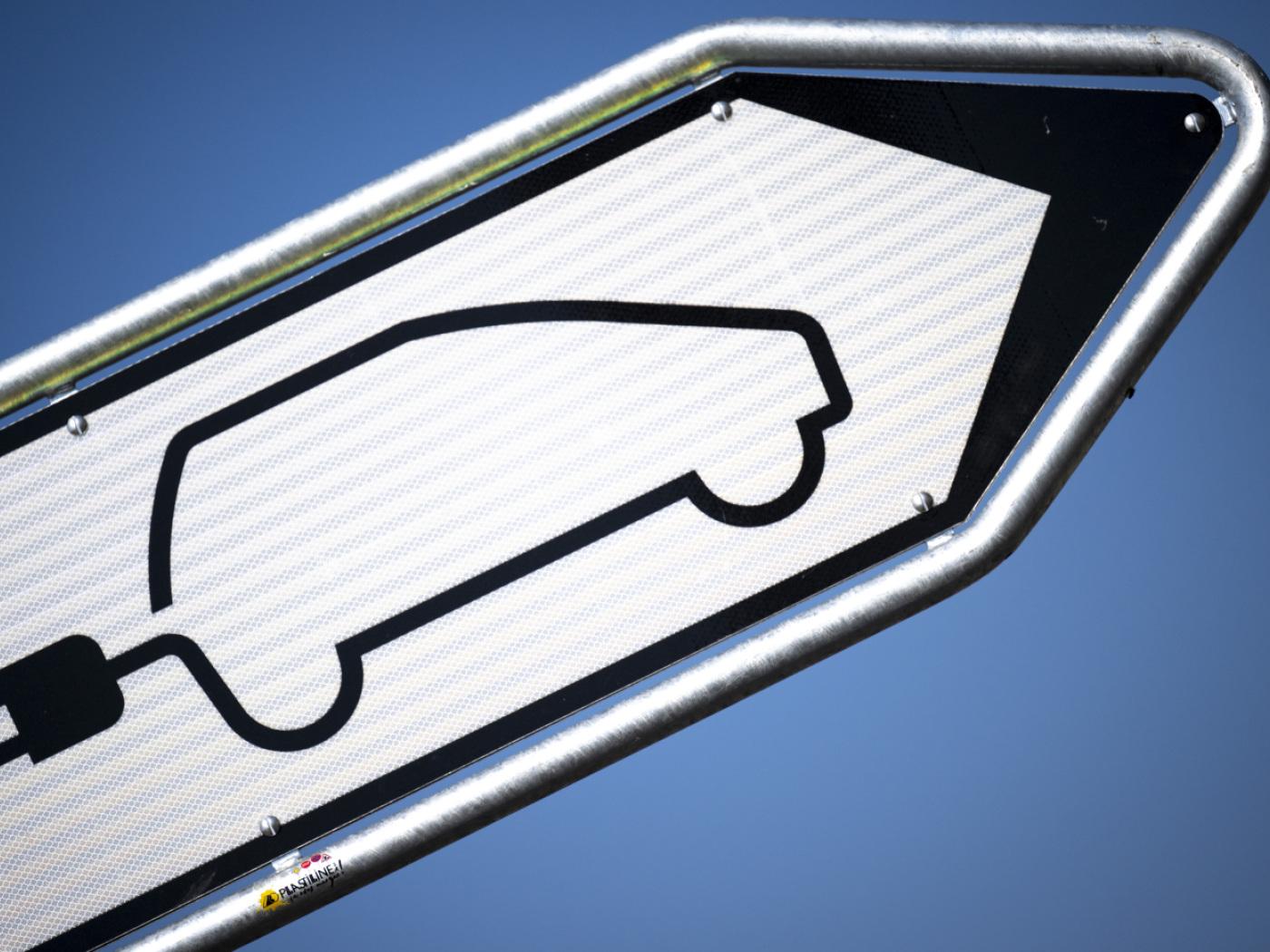 “There are no libertarians in an epidemic” crowed Atlantic reporter Peter Nicholas back on March 10, as he listed the numerous economic interventions the Trump administration was undertaking in the wake of the mounting COVID-19 crisis. This intervention, Nicholas declared, just goes to show you that whatever antigovernment talk one might talk, government intervention in the economy is “nothing new and, as may well prove the case this time around, it’s often necessary.” Setting aside the fact that it is simply absurd to refer to Donald Trump as being a libertarian, numerous commentators have pointed out that far from there being no libertarians during a crisis, all levels of government have been on a mad dash to slash meaningless regulations and rules that are simply getting in the way of the response.
“There are no libertarians in an epidemic” crowed Atlantic reporter Peter Nicholas back on March 10, as he listed the numerous economic interventions the Trump administration was undertaking in the wake of the mounting COVID-19 crisis. This intervention, Nicholas declared, just goes to show you that whatever antigovernment talk one might talk, government intervention in the economy is “nothing new and, as may well prove the case this time around, it’s often necessary.” Setting aside the fact that it is simply absurd to refer to Donald Trump as being a libertarian, numerous commentators have pointed out that far from there being no libertarians during a crisis, all levels of government have been on a mad dash to slash meaningless regulations and rules that are simply getting in the way of the response.
But beyond such obvious problems with claiming that there are no libertarians in a pandemic, many people are quick to argue that the state has no choice but to get involved in solving all the world’s problems, especially during a crisis like the current pandemic because no other institutions in society have the power to do so.
Although, yes, the state currently enjoys a vastly unbalanced share of the power within a society, such an arrangement is not in any way preordained, and the assumption that it must be so betrays a narrowness of vision and a lack of historical knowledge. History is filled with examples where the balance of social power has been weighted in favor of other institutions in society, such as the Catholic Church during certain periods of European history or what sociologist Carle Zimmerman calls the trustee form of family, in which the extended clan wields the most power. Power has waxed and waned between various poles within society throughout history, and it is a mistake to assume that the arrangement we are living under is how life has always been and will be.
The state currently has so much of the power in society, simply because it has purposely sucked it up and taken it at the expense of everything else. The great American classical liberal Albert J. Nock began his classic work Our Enemy the State by declaring that “If we look beneath the surface of our public affairs, we can discern one fundamental fact, namely: a great redistribution of power between society and the State. This is the fact that interests the student of civilization.”
Keeping this in mind, one must ask how a society in which social power is more balanced between the various institutions and groups that comprise it would react to a pandemic, in contrast to our current society in which so much power is concentrated in the state.
One of the most obvious differences is that health systems would play a much larger role in public health planning. In the current crisis, state bureaucrats are making recommendations and issuing orders and regulations to the healthcare system. Yet healthcare systems are, perhaps next to victims and their families, the institutions most affected by the outbreak of disease, not the mayor, governor, or federal government.
Under the current state-dominated system, bad incentives abound. Politicians and bureaucrats are always incentivized toward appearing to be doing something. They face little risk in going too far, as long as they can give press conferences and blab on and on about all the steps they are taking to fix the situation. The policies’ actual consequences are irrelevant.
Health systems, in contrast, have a vested interest in managing a disease outbreak as efficiently and as effectively as possible. For one thing, they are at risk of going bankrupt and ceasing to operate, unlike governments. Who would have guessed six months ago that in the middle of a pandemic hospitals around the country would be at risk of closing down due to being unable to treat any patients? Under a system in which social power is balanced harmoniously throughout society, institutions that have the correct incentive structure will be able to carry out necessary social functions, rather than being shunted aside by the state.
In my own hometown of Pittsburgh, one of the main health systems, the University of Pittsburgh Medical Center (UPMC), which is also the largest employer in the state, has maintained a distinctly different tone from the state government’s throughout the crisis. Due to the fact that it has maintained a significant amount of social power (thanks to its size and its billions of dollars in revenue), the UMPC has been able to chart its own course, to a certain extent. In doing so it has provided insight into what a nonstate response to a pandemic might look like.
When the Harvard Global Health Insitute released a study on March 17 predicting a nigh apocalyptic disaster for western Pennsylvania, with hospital bed and ICU capacity overwhelmed by over 1,000 percent in some scenarios, the UPMC expressed no worry at all about its hospital capacity, and in contrast to the panic at the time stated, “We anticipate that most patients with suspected or confirmed COVID-19 will not need to be admitted and will recover at home.”
The UPMC continued elective surgeries for some time after the governor ordered such procedures to cease, stating that there were many procedures that could not be delayed. Then, after ceasing for a few weeks, they released a statement on April 22 saying that the UPMC would be resuming elective surgeries and simply informing the state government of the decision and moved ahead. By May 7, the head of the UPMC’s emergency medicine division, Dr. Don Yealy, flat out contradicted the Pennsylvania health secretary and stated that it was acceptable for people to visit with family for Mother’s Day. Yealy stated that given what is known about the virus now, the fact that it bears almost no risk to the vast majority of the population, and the need to reduce the harmful health effects stemming from the shutdown, “we are ready for a smart reopening of society.”
Yealy also noted during the press conference that as of May 7 there had not been any positive cases of the virus in any of the UPMC senior communities due to the safeguards they had in place. This is noteworthy in light of the fact that in Pennsylvania nearly 70 percent of the virus deaths have been in nursing homes and that the state government has done a disastrous job of protecting care home residents, going so far as to mandate that nursing homes keep admitting new patients, including people who tested positive for the virus.
No one can predict with any certainty exactly what the picture would look like if the state did not control so much social power. No doubt existing health systems owe some of their current form to the conditions the state has created. But the University of Pittsburgh Medical Center serves as an example of an alternative pole of social power that has done things differently from what the state has mandated and in doing so has demonstrated a better understanding of the tradeoffs involved in mitigating disease and an all-around sounder approach than the state Department of Health’s.
How would nursing homes have responded if there weren’t a government health bureaucracy issuing guidance, but instead local health systems such as the UPMC were issuing the guidance? What actions would mayors and administrators have taken if they had received guidance from experts with skin in the game rather than state bureaucrats? Further understanding of such possibilities and alternative social arrangements may prove to be a fruitful field of study in the years ahead.
New diseases will undoubtedly continue to trouble humanity, and as the carnage of the state’s attempt to deal with this outbreak makes clear, the cost of leaving such power in its hands is astronomically high. The classical liberal tradition is not blinded by the power of the state and is therefore uniquely capable of envisioning alternative social arrangements that could avert the recurrence of such a large-scale catastrophe the next time a new pathogen arrives. It is imperative for it to do so.
Full story here Are you the author? Previous post See more for Next postTags: newsletter






























